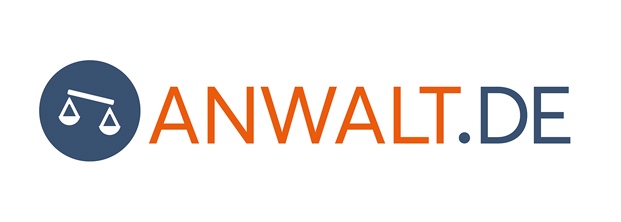Children's rights in the Basic Law mean more than just a signal. They mean more than - as is so often scolded - a "smorgasbord" of wishes and intentions. The discussion is reminiscent of the emergence of Article 3 (2) of the Basic Law, the principle of equal rights for men and women. This too was initially rejected twice in the relevant committee before it was adopted in its current form on January 18, 1949. The arguments were similar: the equal rights of women were already guaranteed by Article 3 Paragraph 1 of the Basic Law. Paragraph 2 would be meaningless. Rather, as had already been claimed for Art. 109 WRV, it was "aprogram sentence, a political concept or an empty formula, in any case a provision without tangible content" (BVerfG3, p. 239 of 18.12.1953). This was not suitable for resolving concrete disputes. Today, more than 60 years later, no one questions the necessity and meaningfulness of the principle of equal rights.
Children have rights. Our constitution recognizes children's rights. But these are seemingly hidden in Art. 2 para. 1 of the Basic Law. The fundamental right to free development of the personality is to be interpreted in accordance with the provisions of the UN Convention on the Rights of the Child (CRC) and is also substantiated in this respect by the case law of the Federal Constitutional Court. However, it cannot be denied that children's rights are still insufficiently taken into account in judicial and administrative practice.
The three core principles of the CRC that are at stake are the primacy of the best interests of the child (Art. 3 para. 1 CRC), the right to development (Art. 6 para. 2 CRC) and the right to participation (Art. 12 para. 1 and 2 CRC). These core principles, which under the current legal situation only apply as simple federal law, need to be fleshed out, concretized and made anchors in our constitution.
The frequently raised objection that this would impair parental rights or even interfere with the parent-child relationship is incorrect. The inclusion of children's fundamental rights only concerns the relationship between the state and the child and is not designed to transfer powers from parents to the state or vice versa.
It is also a superficial view that the inclusion of children's rights would not bring about any real change. There are numerous areas in which the incorporation of children's fundamental rights would bring about a noticeable improvement in children's living conditions. While children are currently mentioned in Article 6 of the Basic Law as the object of their parents' upbringing, children could in future be given the right to have a say and participate in court proceedings in which they are currently heard but not always represented. They are negotiated about but not with them. The measures taken in the course of the corona pandemic to the detriment of children and young people, such as school closures, bans on club sports and the closure of childcare and employment centers, also had to be based on fundamental rights such as the general right of personality under Art. 2 para. 1 GG in conjunction with Art. 1 para. 1 GG. Art. 1 para. 1 GG, the rights of children were at best taken into accountas part of individual fundamental rights. They could therefore not form an independent counterweight. There is no doubt that the demands and rights would be more powerful if they arose directly from the highest of our values.






